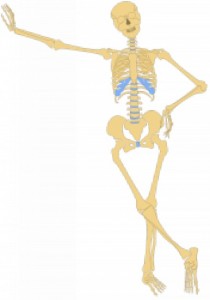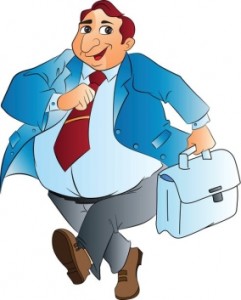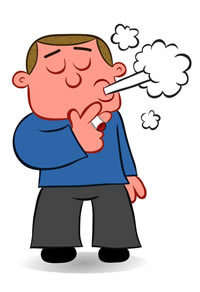
By Steven Madison
 How much do you really think about your bones on a daily basis? Probably not much. After all, unless there’s a serious problem, our bones are invisible to us – and that’s a good thing.
How much do you really think about your bones on a daily basis? Probably not much. After all, unless there’s a serious problem, our bones are invisible to us – and that’s a good thing.
No one wants to wake up every day worrying about whether or not they’ll be able to run around or concerned about the delicate organs inside their body not having enough protection. In fact, the health of our bones can impact practically everything we do.
Unhealthy Bones, Unhealthy You
You’ve probably heard of osteoporosis, a bone condition that you can develop later in life. It makes your bones weaker and causes them to deteriorate, leading to lots of unpleasant problems. But those are just vague statements – what does it really mean in terms of your health?
Moving around will hurt. Weak bones make it harder to play sports, exercise, and in more extreme cases even walk around normally. You’ll feel more pain in your joints and sitting, standing, and staying in certain positions for long periods of time can cause even more discomfort. And one problem leads to the next, because…
Muscles will weaken. It stands to reason that if moving around causes you pain, you’re not going to do it as much. Unfortunately, this becomes a cycle of deterioration and speeds up the entire process. To make matters even worse, we already lose muscle naturally as we age, so this just causes an extra loss on top of that.
 You’ll get fatter. Another part of the deterioration cycle. When weakened bones keep you from moving around and exercising the way you would like, there’s a good chance that it will cause you to put on extra fat because your body won’t be working as hard to lose it. And this is despite the fact that deteriorating bones can lower your overall weight. They won’t be as dense, but you will look like you’re heavier than you were because of all the extra fat. Plus, all of these changes can exacerbate the final problem by ruining your balance.
You’ll get fatter. Another part of the deterioration cycle. When weakened bones keep you from moving around and exercising the way you would like, there’s a good chance that it will cause you to put on extra fat because your body won’t be working as hard to lose it. And this is despite the fact that deteriorating bones can lower your overall weight. They won’t be as dense, but you will look like you’re heavier than you were because of all the extra fat. Plus, all of these changes can exacerbate the final problem by ruining your balance.
Brittle bones mean broken bones. The worst thing about the weakening of your bones caused by osteoporosis is that the loss of density makes your bones brittle. Take a slight stumble or accidentally bang your wrist into something and you might be facing way more than a bruise or even a sprain – brittle bones tend to shatter far more easily. That’s why so many older people suffer from broken hips and the like. If you’ve ever broken a bone, you know that it often means months of painful recovery. For older people, that period tends to be longer, and some of the aches and pains stick with them for the rest of their lives.
What can you do so stop this from happening? First you need to understand your bones.
How Bones Work
Bones live and grow just like we do. Our bodies break down old bone and make new bone throughout our lives in an endless cycle.
This cycle, however, isn’t the same at every age. It’s incredibly important to take care of your bones when you’re younger because, up until we turn 30, our bodies are making new bone faster than they break down old bone. That means we gain bone mass more easily, which means that our skeletons will be stronger.
The more bone mass you have by age 30, the better, because everything deteriorates more rapidly at that point – the loss of bone density is inevitable. Still, that doesn’t mean that you can’t do things to fight against the loss.
Get lots of calcium and vitamin D. In order for your bones to grow and become strong, calcium and vitamin D are vital because they are what your bones “eat,” for lack of a better term. Drink milk, eat other dairy products like yogurt and cheese, and add salmon to your diet to shore up your reserves of vitamin D and calcium.
 Stop drinking and smoking. It is believed that alcohol hampers your ability to absorb calcium, so having two or more drinks a day makes osteoporosis more likely. Likewise, research suggests that tobacco use weakens your bones as well.
Stop drinking and smoking. It is believed that alcohol hampers your ability to absorb calcium, so having two or more drinks a day makes osteoporosis more likely. Likewise, research suggests that tobacco use weakens your bones as well.
Take control of your eating disorder. Bulimia, anorexia, and even stomach and weight-loss surgery can contribute to the loss of bone density and weaken your overall skeletal structure. Seek professional help and get the condition under control as soon as possible.
Run, dance, play. Our bones are meant to support our weight, so the best way to keep them strong is to give them plenty of practice. Engage in physical activities where your bones have to bear your weight like tennis, hiking, walking, dancing and jogging.
– Steven Madison writes about human anatomy and a wide range of health topics for Anatomy Now’s website.
